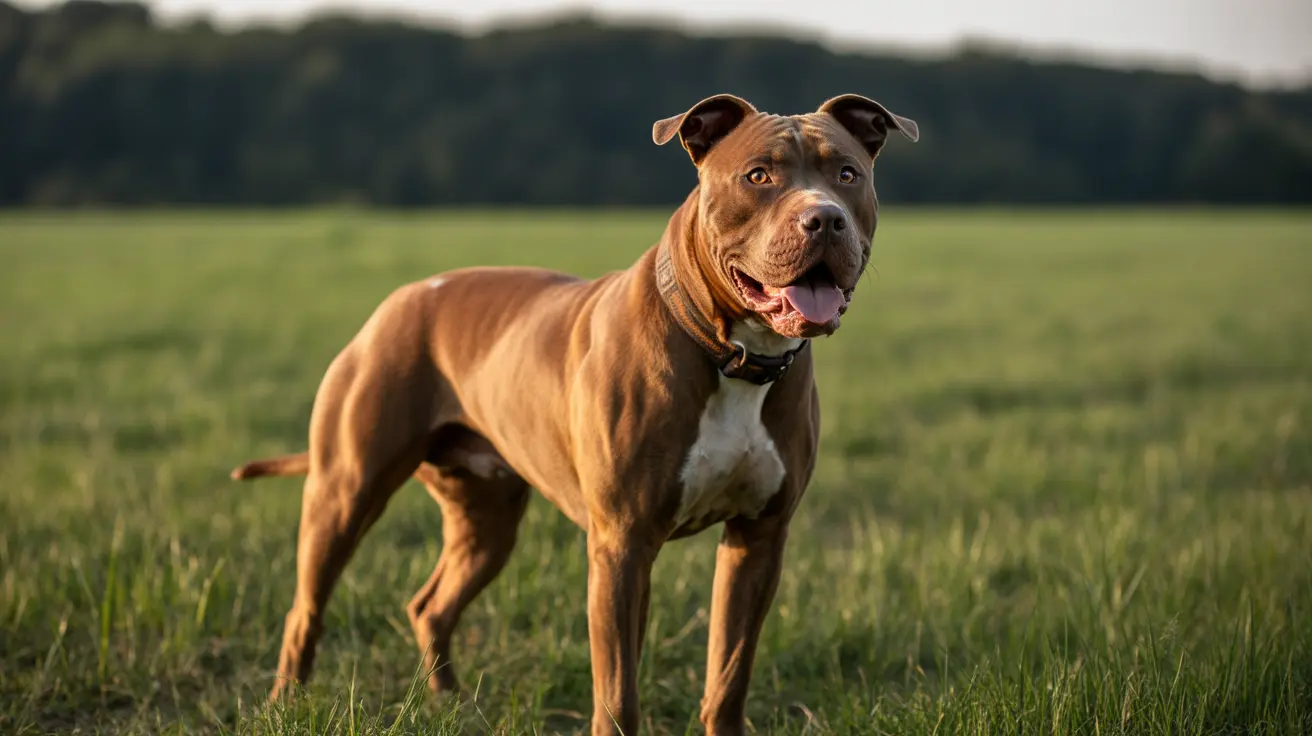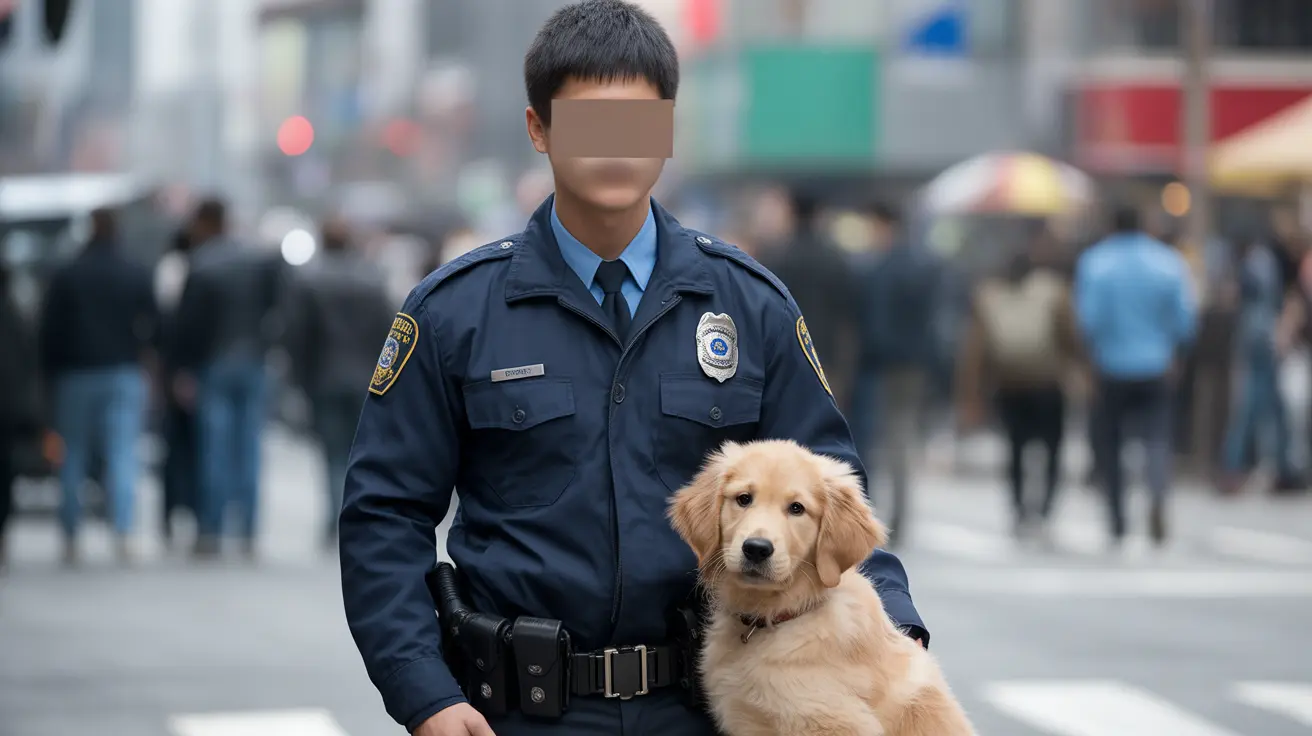Understanding Virginia Law on Service Dogs
Service animals play a critical role in the lives of people with disabilities, providing both independence and functional support. In Virginia, as across the United States, the regulation of service animals largely follows federal laws such as the
Americans with Disabilities Act (ADA). This article will explore how Virginia implements and supports laws regarding service dogs to clarify rights, responsibilities, and protections granted to handlers and others.
What Qualifies as a Service Dog?
According to the ADA, which Virginia adheres to, a
service animal is defined as a dog (or occasionally a miniature horse) that has been
individually trained to perform a specific task or job for a person with a disability. The key elements that define a dog as a service animal include:
- The dog must be trained to perform tasks directly related to the person’s disability.
- The service provided must go beyond comfort; emotional support alone does not qualify.
- Tasks may include guiding the visually impaired, alerting to sounds, pulling a wheelchair, or assisting during anxiety attacks.
Emotional support animals, while helpful, are not given the same public access rights under the ADA as service animals since they are not trained to perform specific assistive tasks.
Access Rights in Public and Private Spaces
Under Virginia law, in accordance with the ADA:
- Service dogs are allowed in all public places including restaurants, stores, hospitals, public transportation, and educational institutions.
- They must be permitted even in establishments with a “no pets” policy.
- Schools, universities, and housing programs must also accommodate service dogs, sometimes under both the ADA and the Fair Housing Act (FHA).
Exceptions apply where the animal's presence would fundamentally alter services or violate health codes, such as in sterile areas of a hospital or in swimming pools (excluding pool decks).
Handler Responsibilities and Control
Service dog handlers in Virginia must ensure the animal is:
- Maintained under control using a leash, harness, tether, or voice/signal commands if physical restraints are impractical.
- Housebroken and hygienic in public settings.
- Licensed and vaccinated according to local dog regulations.
If a service dog is out of control or not housebroken, businesses and institutions may request that the animal be removed.
Verification and Public Interaction
Businesses in Virginia may only ask two specific questions to verify a service dog:
- Is the dog a service animal required because of a disability?
- What work or task has the dog been trained to perform?
They may
not:
- Request certification, registration, or training documents.
- Ask the handler to identify their disability.
- Require demonstration of the animal’s behavior or skills.
While not required by law, some handlers opt to use vests or harnesses with labels for clarity and to prevent unwanted attention. However, such identifiers are purely optional.
Multiple Service Animals
Virginia does not restrict handlers to using only one service animal. If a person requires multiple dogs to perform different tasks, businesses are generally required to accommodate them as long as the animals do not disrupt operations.
Breed and Certification Misconceptions
Virginia, in agreement with federal law, imposes
no breed restrictions on service dogs. Any breed, regardless of size or appearance, may qualify if properly trained. Misrepresenting a pet as a service animal is a serious offense, and most states penalize such actions.
Travel and Housing Considerations
Air travel involves compliance with the
Air Carrier Access Act. Airlines may ask for documents related to the dog’s training and health, especially for international trips. Similarly, housing that is regulated by the state or federal government follows both ADA and FHA rules, offering protections even to emotional support animals in residential rental environments.
Respecting Privacy and Roles
Public interaction with service dogs should be minimal. Distractions such as petting, feeding, or talking to the dog can endanger their effectiveness and the handler’s well-being. It’s also important to note that many disabilities are not visible—assuming legitimacy based on appearance alone is both inappropriate and potentially discriminatory.
Conclusion
Virginia’s law on service dogs aligns closely with federal ADA guidelines, providing clearly defined rights to persons with disabilities and imposing distinct responsibilities on handlers and institutions. Understanding these laws helps promote inclusion, protect access rights, and reduce confusion. Whether you're a business owner, employee, or member of the public, recognizing the definition, permissions, and limitations of service animals ensures a more respectful and compliant community.





